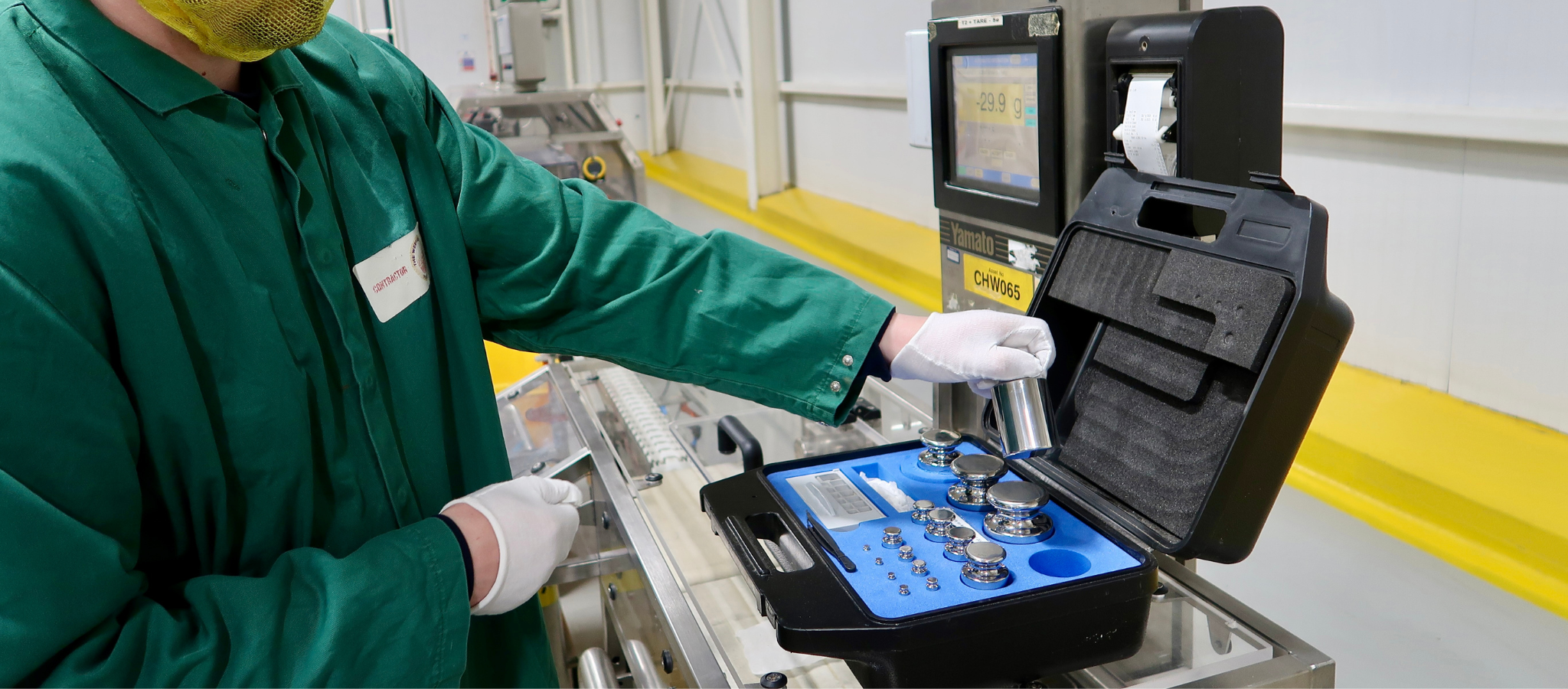Understanding ISO 9001 and UKAS Calibrations for Weighing Equipment
When it comes to weighing equipment, it’s well known that regular calibration ensures your equipment maintains its precision. However, with two options like ISO 9001 and UKAS calibrations, choosing the right one can be confusing. Let’s break down the key differences and help you decide which best suits your needs.

ISO 9001: A Quality Management Standard, Not a Calibration Standard
ISO 9001 outlines a framework for a comprehensive quality management system (QMS). While it doesn’t dictate specific calibration procedures, a company certified to ISO 9001 will have documented processes for ensuring the accuracy and traceability of their measurements, including calibrations. These calibrations can be performed in-house or by an external provider, but they must meet the company’s established criteria for traceability to national standards.
UKAS Calibration: The Gold Standard for Accredited Accuracy
UKAS stands for the United Kingdom Accreditation Service. A UKAS calibration signifies the highest level of accuracy and traceability. Laboratories performing UKAS calibrations undergo rigorous audits to ensure they comply with the stringent requirements of ISO/IEC 17025, the international standard for competence in testing and calibration. UKAS calibration certificates are widely recognised and accepted globally, providing the strongest guarantee of your weighing equipment’s performance.
So, Which Calibration Do I Need?
The choice between ISO 9001 and UKAS calibration depends on several factors:
- Industry Regulations: Certain industries, like pharmaceuticals or those dealing with legal-for-trade applications, may have mandatory requirements for UKAS calibrations. Check your specific industry regulations to determine compliance needs.
- Risk Tolerance: How critical is the accuracy of your weighing to your operations? For high-risk applications where small deviations can have significant consequences, UKAS calibration offers the highest level of assurance.
- Cost Considerations: UKAS calibration typically comes at a premium due to the stricter requirements. If your application allows for some margin of error and regulations don’t mandate UKAS, an ISO 9001 compliant calibration may be a more cost-effective option.
In conclusion, both ISO 9001 and UKAS calibrations ensure the accuracy of your weighing equipment. UKAS offers the highest level of independent verification and traceability, while ISO 9001 provides flexibility within a documented quality management system. By considering your industry regulations, risk tolerance, and budget, you can choose the calibration approach that best meets your specific needs.
Micro Weighing Solutions understands the importance of accurate weighing in various industries. Our commitment to quality is evident in our team of experienced engineers, qualified to perform both ISO 9001 and UKAS calibrations. With nationwide coverage across the UK, MWS can provide a convenient and reliable solution to keep your weighing equipment functioning at its best. Learn more about our calibration services here.




















